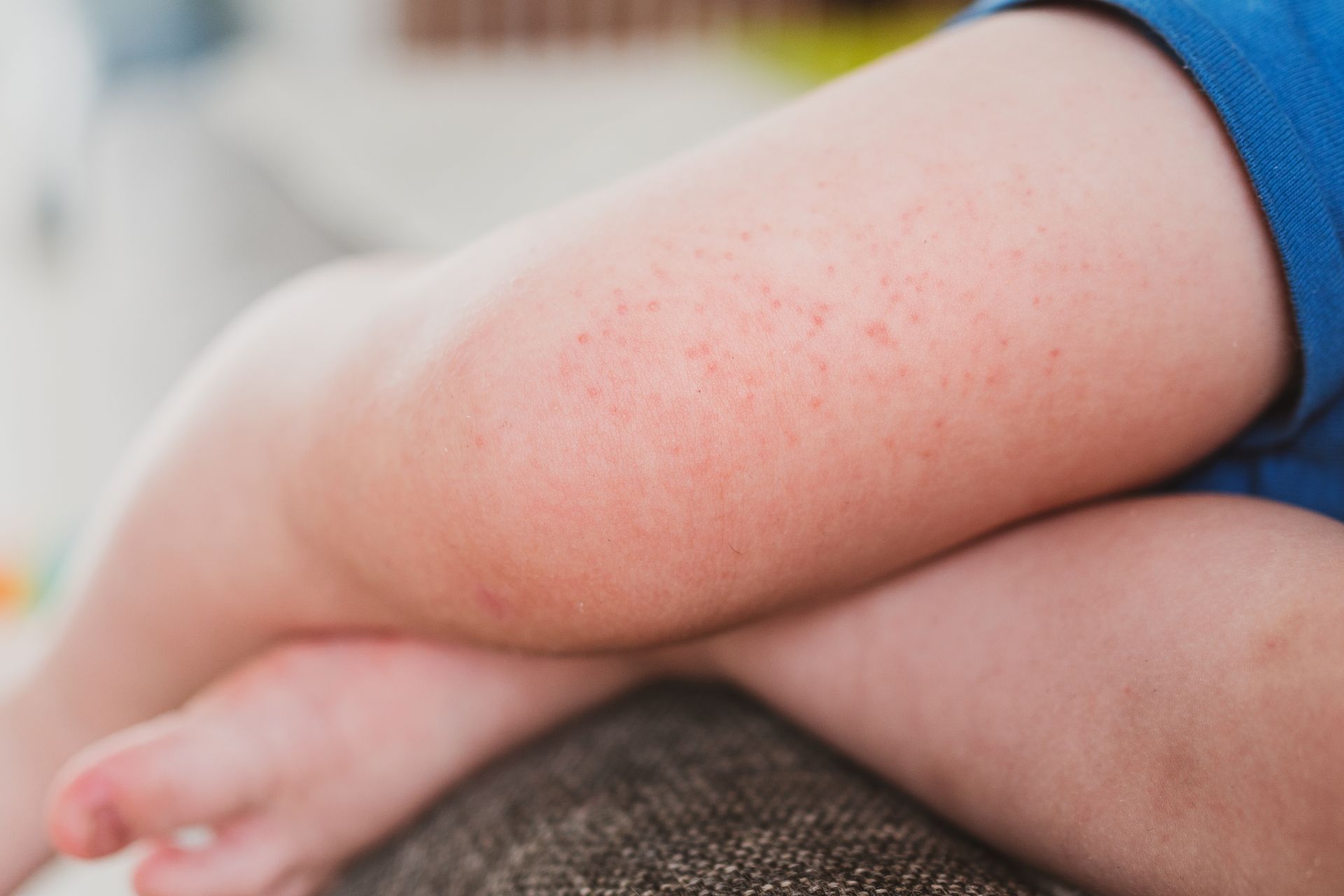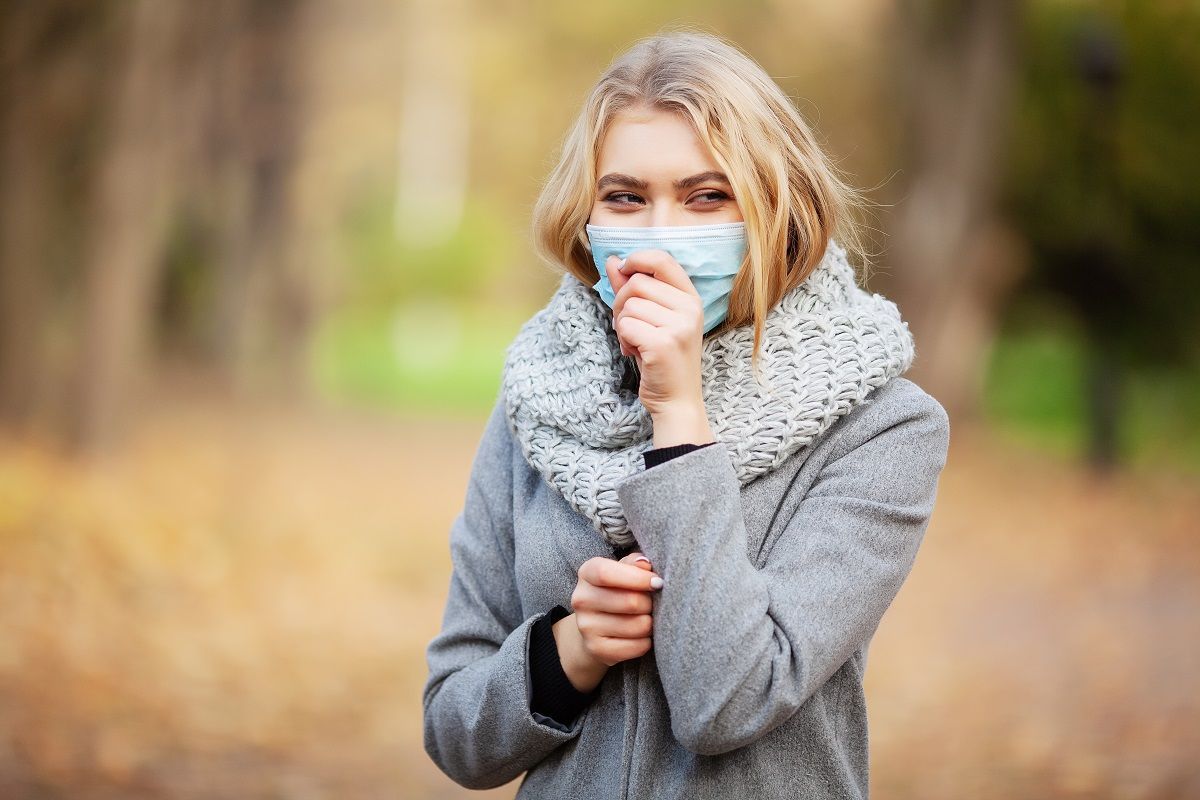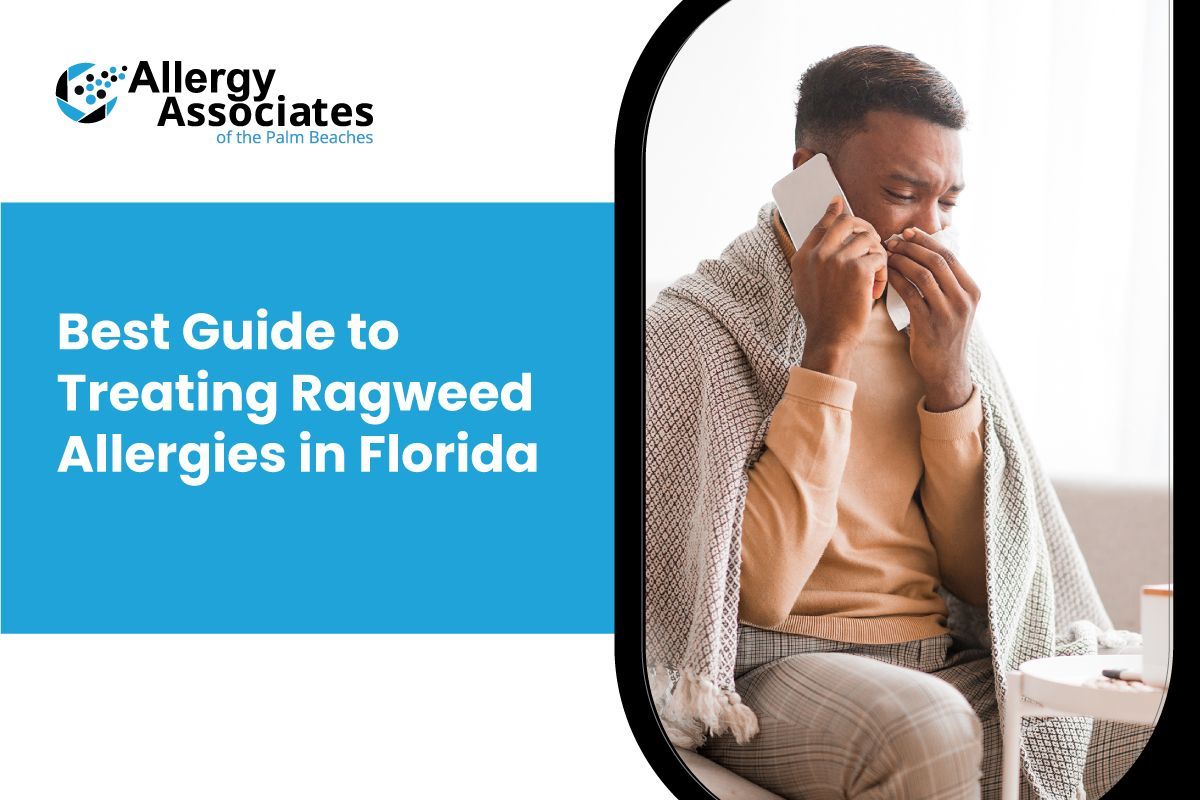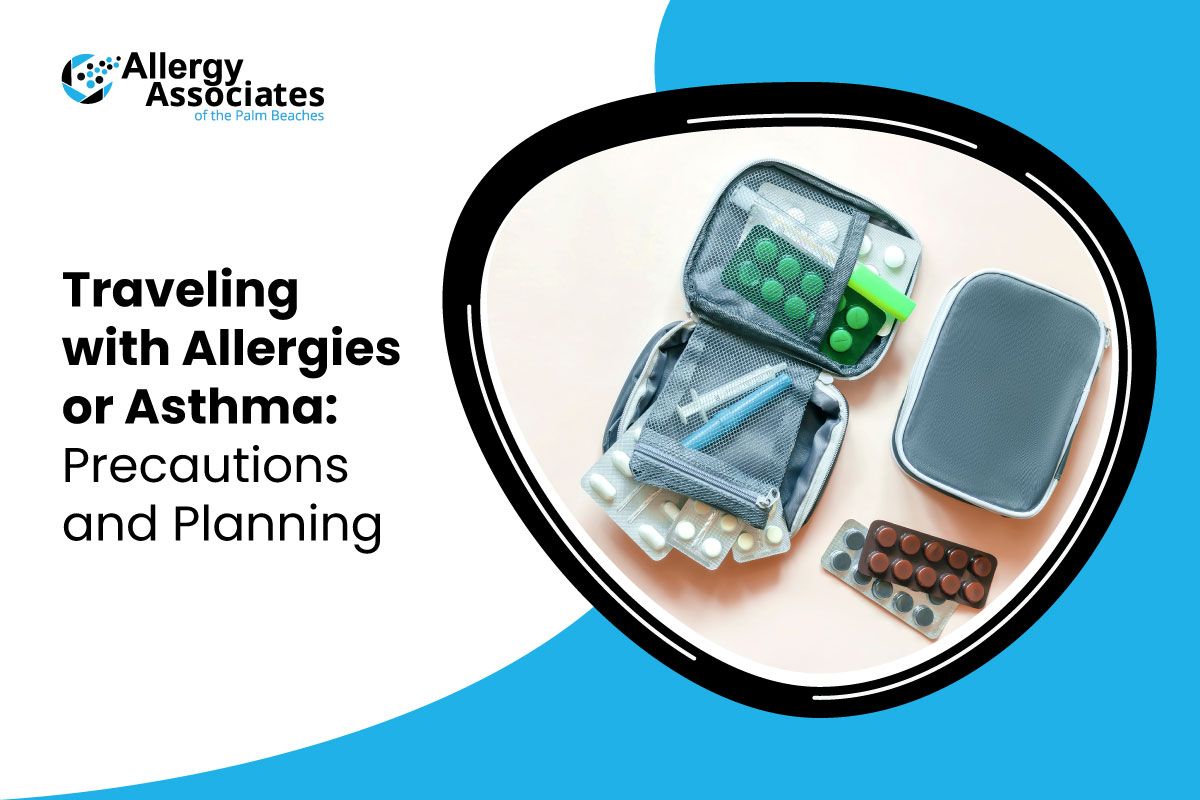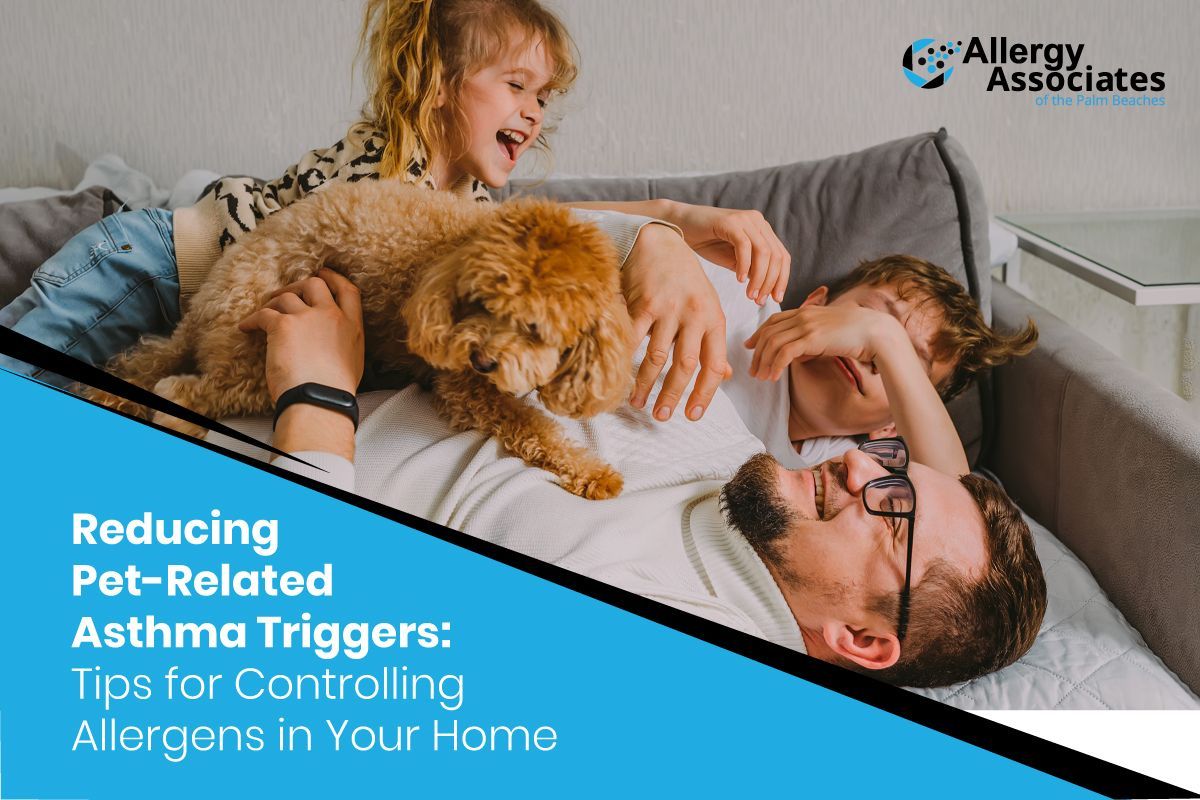
The Link Between Asthma and Pets in the House
Living with pets brings immense joy and companionship to our lives. However, pet allergens in your home may cause discomfort and worsen asthma and allergy symptoms if you have these health conditions.
This comprehensive guide includes ways to remove pet allergens from home and create a more livable environment for those with pet-related asthma triggers. Follow these tips so you can enjoy the company of your beloved pets while maintaining a healthier living space.
What Are Pet Allergens?
Before we delve into the methods of reducing pet allergens in your home, let's take a moment to understand what they are and how they affect individuals with allergies and asthma.
According to a study from the National Institutes of Health,
pet allergens are proteins found in the skin cells, saliva, and urine of animals, particularly cats and dogs. When these allergens become airborne, they can trigger allergic reactions in sensitive individuals, causing symptoms such as:
- Sneezing
- Coughing
- Wheezing
- Itchy eyes
If unmanaged, these symptoms could lead to asthma attacks.
Minimizing Allergens in Your Home
We've compiled the best tips for minimizing pet allergen exposure indoors. Continue reading to learn more about "how to reduce allergens in your home."
Clean and Vacuum Regularly
One of the best ways to reduce pet allergens in your home is maintaining a clean and allergen-free environment. Regular cleaning and vacuuming can significantly decrease the allergen levels in your living space.
When cleaning, make sure to:
- Clean your house with a vacuum cleaner with a high-efficiency particulate air (HEPA) filter. The Environmental Protection Agency stated that HEPA filters can effectively capture small allergen particles and prevent them from being released into the air.
- Vacuum carpets, rugs, and upholstery frequently, paying extra attention to areas where your pets spend most of their time.
- Wipe surfaces with a damp cloth to prevent allergens from becoming airborne.
- Wash beddings, pet blankets, and other fabric items regularly with hot water to reduce dog allergens.
Establish Pet-Free Zones
Creating pet-free zones in your home can help minimize allergen exposure in certain areas. Designate specific rooms or areas where pets are not allowed, such as bedrooms or the living room. By keeping these spaces free from pet dander, you can provide a refuge where allergic or asthmatic individuals can retreat to and breathe easier.
Use Air Purifiers
Investing in an air purifier can significantly improve indoor air quality and reduce pet allergens. Look for a purifier with a HEPA filter, as it can effectively capture airborne allergens and particles, including those released by your pets. Place the air purifier in rooms where you and your pets spend the most time, such as the living room or bedrooms, for optimal results.
Groom and Bathe Your Pets
Regular grooming and bathing of your pets can reduce allergens in your home. Brushing your pets helps remove loose hair and dander, minimizing the allergens they shed. Bathing your pets removes allergens from their fur, making them less likely to become airborne and able to trigger allergic reactions and asthma episodes.
Cover Upholstery and Bedding
Pet dander and allergens can accumulate on upholstery and bedding. Consider using allergen-proof covers for mattresses, pillows, and cushions to create a barrier between these surfaces and allergens. These covers are designed to prevent allergens from penetrating and can be easily washed to maintain cleanliness.
Install Adequate Ventilation
Proper ventilation is crucial in maintaining good indoor air quality. Ensure your home has adequate airflow by opening windows or using exhaust fans in kitchens and bathrooms. This helps remove allergens from the air and prevent them from settling on surfaces.
Hire Professional Cleaners
Consider hiring professional cleaners specializing in pet allergen removal for more thorough and deep cleaning. These experts have the knowledge and equipment to effectively target and eliminate allergens, wiping out elusive particles that you wouldn’t have been able to clean on your own. .
Frequently Asked Questions (FAQs)
Q: Can pet allergens be eliminated entirely from my home?
A: While completely eliminating pet allergens may be challenging, following the tips mentioned in this article can significantly reduce their presence and alleviate allergy symptoms. Consistent cleaning, grooming, and proper ventilation can make a noticeable difference in minimizing allergen levels.
Q: Are there specific breeds of cats or dogs that are hypoallergenic?
A: While no cat or dog breed is completely hypoallergenic, certain breeds are known to produce fewer allergens or shed less. Breeds such as the Siberian Cat, Bichon Frise, or Portuguese Water Dog are often considered more suitable for individuals with allergies or asthma. However, it's important to note that individual sensitivities may vary, and it's best to spend time with a specific breed to assess your personal reaction before bringing a pet into your home.
Q: How often should I clean my home to reduce pet allergens?
A: Regular cleaning is vital to reducing pet allergens. Vacuuming carpets and upholstery at least once or twice a week, dusting surfaces with a damp cloth, and washing bedding and pet items are recommended. Consistency is essential to prevent allergens from building up.
Q: Can air purifiers remove pet allergens entirely from the air?
A: While air purifiers with HEPA filters effectively capture and reduce airborne pet allergens, it's important to remember that they cannot eliminate all allergens. Regular cleaning, grooming, and maintaining a clean living environment work very well in conjunction with air purifiers to remove pet allergens.
Q: Should I consider allergy shots or medication for pet allergies?
A: Studies say allergy shots (immunotherapy) or medication may be recommended for individuals with severe pet allergies. Consult with an allergist or healthcare professional to discuss the best course of treatment for your specific situation.
Conclusion
Using the right strategies, living with pets, and managing pet-related asthma triggers is possible. Implementing the methods we suggested in this article can help maintain a clean, allergen-free home. Start to significantly reduce the presence of pet allergens and create a more comfortable environment for you and your family today.
Remember, it's essential to consult with a healthcare professional if you or your loved ones experience
severe allergic reactions or
asthma symptoms. With diligence and proper care, you can enjoy the love and companionship of your pets while minimizing the impact of allergens in your home.
Spend Quality Time with Your Furry Friends Without the Risk of Asthma and Allergy!
If you're searching online for "allergies in the home, how to help with pet allergies and help with pet allergies," then you are on the right page! Allergies and asthma have similar triggers (including pet dander), that's why it's crucial to learn them.
The board-certified allergists at Allergy Associates of the Palm Beaches use evidence-based techniques with years of experience and a proven track record. We aim to provide quality treatment based on your specific needs. Spend quality time with your pets and be the best fur parent they deserve!
Book an appointment today. You can reach us by calling (561) 626-2006.
Allergy Associates of the Palm Beaches
Allergy Associates of the Palm Beaches | All Rights Reserved.



